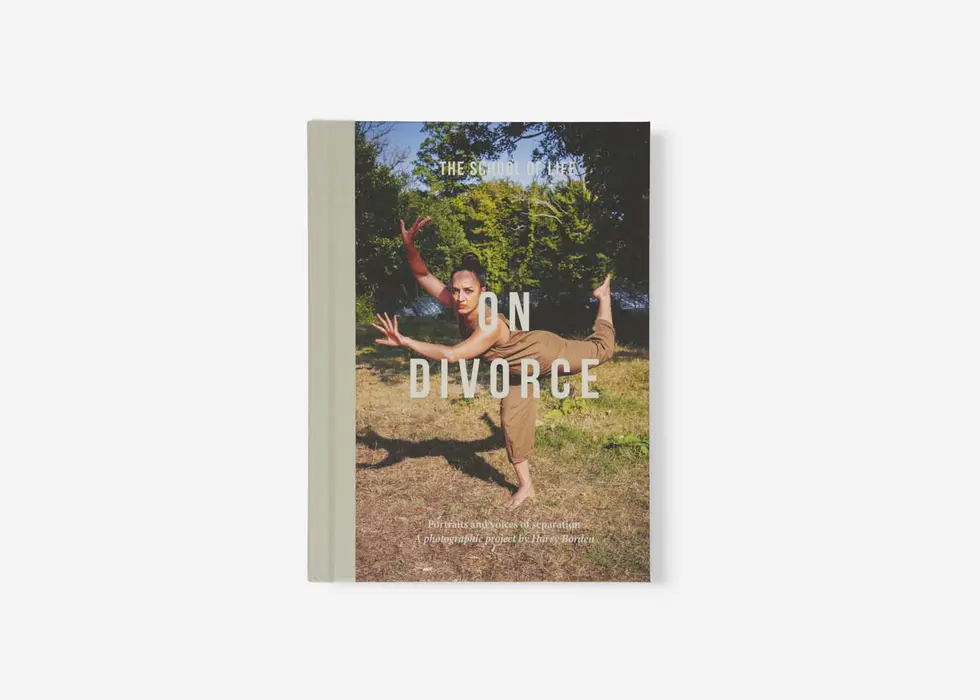Relationships • Breaking Up & Heartbreak
Three Questions to Help You Decide Whether to Stay in or Leave a Relationship
We hear a lot about the problems of cheating in love; rather less about the dangers of self-deception. The cheat lies to their partner; more troublingly (for the issue is far harder to spot, let alone get cleanly incensed about), the self-deceiver is caught up in lying to themselves. They may be involved in two common pieces of emotional bad faith. Either:
— They stay in a relationship because they are scared of being alone.
Or:
– They stay in a relationship because they are terrified of how a partner might respond to a break up.
We can straightaway say that neither of these two pieces of self-deception is motivated by anything as morally stark as ‘evil’; they are evasions that have more to do with a sense of weakness and under-confidence, with an acute sensitivity to causing upset and a misjudged yet still real desire for kindness. These are the holes into which some otherwise very nice people fall.

How then might we unpick these self-deceptions, of which we ourselves may have been involved? The following questions might help to jog the mind to greater clarity:
1. Can we clearly imagine someone better?
All love involves compromise, but this truism masks that not all compromises are equally legitimate or fair. We should be with a person if, and perhaps only if, we are in a position to declare that their faults fall comfortably within the category of ‘the inevitable failings of every human.’ In other words, if their faults seem to us to be of the kind we could reasonably expect to have to suffer around anyone we could meet (another candidate might not be late all the time or have such an irritating best friend, but they would – perhaps – leave the bathroom in a mess or exercise too little etc.) And yet if we suspect that the issues with our partner are on an uncommon and structurally unnecessary scale, then we owe it to ourselves – and as importantly to them – to acknowledge our underlying optimism about the remaining candidate pool, a hope that will otherwise pave the way for a permanent restless secret background search for an upgrade. We should stay when we are convinced that anyone would be comparably flawed; we should leave, before more damage is done, when we feel in our bones that there can be better.
2. Which currently feels worse for you: the idea of being alone, or the idea of being with the wrong person?
So long as the thought of being alone feels overwhelming and appalling, we can be in no fit position to assess the virtues of any partner we might be with. We need to be entirely reconciled with our own company in order to end up in the right company. The price of happy coupledom is contented singlehood. It helps in this to have had experience of the particular kind of nightmare associated with being with the wrong person. We need to understand the elevated levels of frustration and, ironically, of ‘loneliness’ that wind up being involved in a dysfunctional couple as compared with the quiet melancholy isolation of the single state. To make a clear choice in love, we should be able to willingly pick the dangers of being alone forever over the yet more tortuous risks of life with an incompatible partner.
3. You are offered a newly-developed tool that can magically get rid of your present partner without them needing to suffer in any way; they’ll wake up and never know what happened. Do you chose to use it?
If we are tempted to say yes, if we truly would press the button to deliver a painless blow, then we can know that what is holding us back isn’t really love for our partner, it’s a fear of the upset that leaving them would generate. We aren’t being nice, we’re terrified of the pain that another’s tears would cause us. We aren’t thinking about them at all, we’re thinking about our wish to remain ‘good’ in our own eyes. There’s nothing remotely wrong with deciding a person isn’t for us. There is something substantially difficult with wasting another’s precious time while we continue to sidestep a piece of awkward news in our own minds.
*
It might in all this be easier if we could believe that we’re lying because we’re bad; we’re lying – more poignantly – because we’re scared. Self-knowledge requires – on top of everything else – an unholy amount of courage.


























